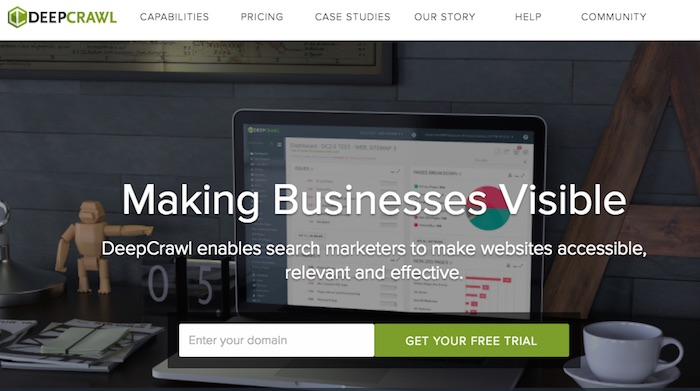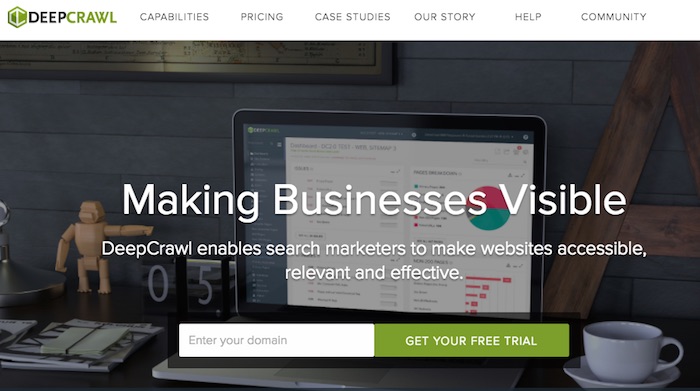SEO: 7 Reasons to Use a Site Crawler. Search engines use highly developed bots to crawl the web looking for content to index. If a search engine’s crawlers can’t find the content on your site, it won’t rank or drive natural search traffic. Your crawler will tell you which are redirecting and where they’re sending visitors to now. Canonical tags and robots directives, in combination with redirects and disallows affecting the same pages, can send a combination of confusing signals to search engines that can mess up your indexation and ability to perform in natural search. If you have a sudden problem with performance in a key page, check for a noindex directive and, also, confirm the page that the canonical tag specifies. Does it convey contradictory signals to a redirect sending traffic to the page, or a disallow in the robots.txt file? Some crawlers also allow you to search for custom bits of text on a page. If it’s something that involves searching for and reporting on a piece of text within the source code of a group of web pages, your crawler can help. Plan Crawl Times It’s important to remember, however, that third-party crawlers can put a heavy burden on your servers.

No matter how well you think you know your site, a crawler will always turn up something new. In some cases, it’s those things that you don’t know about that can sink your SEO ship.
Search engines use highly developed bots to crawl the web looking for content to index. If a search engine’s crawlers can’t find the content on your site, it won’t rank or drive natural search traffic. Even if it’s findable, if the content on your site isn’t sending the appropriate relevance signals, it still won’t rank or drive natural search traffic.
Since they mimic the actions of more sophisticated search engine crawlers, third-party crawlers, such as DeepCrawl and Screaming Frog’s SEO Spider, can uncover a wide variety of technical and content issues to improve natural search performance.
7 Reasons to Use a Site Crawler
What’s out there? Owners and managers think of their websites as the pieces that customers will (hopefully) see. But search engines find and remember all the obsolete and orphaned areas of sites, as well. A crawler can help catalog the outdated content so that you can determine what to do next. Maybe some of it is still useful if it’s refreshed. Maybe some of it can be 301 redirected so that its link authority can strengthen other areas of the site.
How is this page performing? Some crawlers can pull analytics data in from Google Search Console and Google Analytics. They make it easy to view correlations between the performance of individual pages and the data found on the page itself.
Not enough indexation or way too much? By omission, crawlers can identify what’s potentially not accessible by bots. If your crawl report has some holes where you know sections of your site should be, can bots access that content? If not, there might be a problem with disallows, noindex commands, or the way it’s coded that is…

COMMENTS